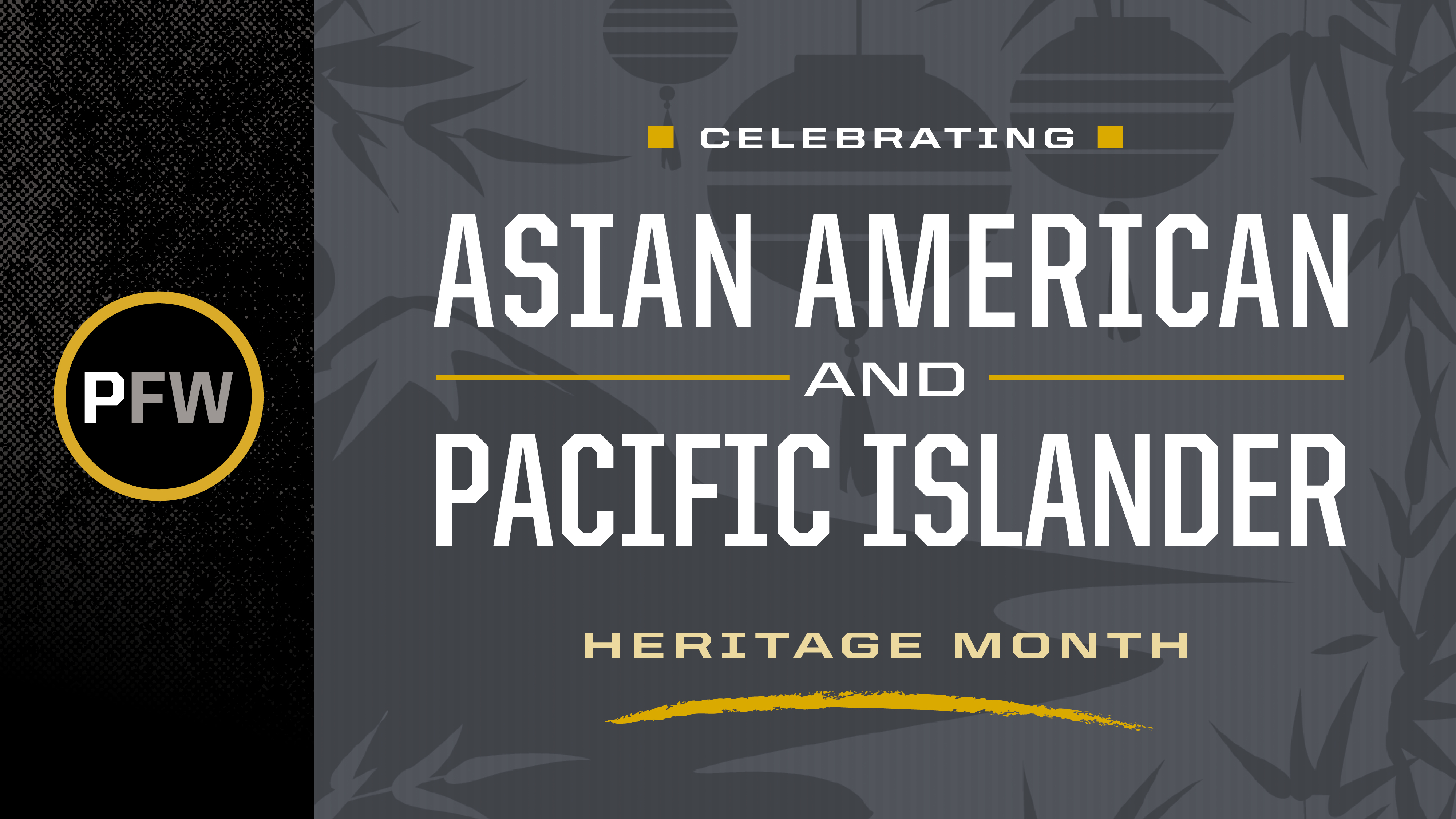
Asian American and Pacific Islander
May is Asian/Pacific American Heritage Month – a celebration of Asians and Pacific Islanders in the United States. A rather broad term, Asian/Pacific encompasses all of the Asian continent and the Pacific islands of Melanesia (New Guinea, New Caledonia, Vanuatu, Fiji and the Solomon Islands), Micronesia (Marianas, Guam, Wake Island, Palau, Marshall Islands, Kiribati, Nauru and the Federated States of Micronesia) and Polynesia (New Zealand, Hawaiian Islands, Rotuma, Midway Islands, Samoa, American Samoa, Tonga, Tuvalu, Cook Islands, French Polynesia and Easter Island).
Like most commemorative months, Asian/Pacific American Heritage Month originated with Congress. In 1977 Reps. Frank Horton of New York introduced House Joint Resolution 540 to proclaim the first ten days in May as Pacific/Asian American Heritage Week. In the same year, Senator Daniel Inouye introduced a similar resolution, Senate Joint Resolution 72. Neither of these resolutions passed, so in June 1978, Rep. Horton introduced House Joint Resolution 1007. This resolution proposed that the President should “proclaim a week, which is to include the seventh and tenth of the month, during the first ten days in May of 1979 as ‘Asian/Pacific American Heritage Week.’” This joint resolution was passed by the House and then the Senate and was signed by President Jimmy Carter on October 5, 1978 to become Public Law 95-419 (PDF, 158kb). This law amended the original language of the bill and directed the President to issue a proclamation for the “7 day period beginning on May 4, 1979 as ‘Asian/Pacific American Heritage Week.’” During the next decade, presidents passed annual proclamations for Asian/Pacific American Heritage Week until 1990 when Congress passed Public Law 101-283 (PDF, 166kb) which expanded the observance to a month for 1990. Then in 1992, Congress passed Public Law 102-450 (PDF, 285kb) which annually designated May as Asian/Pacific American Heritage Month.
The month of May was chosen to commemorate the immigration of the first Japanese to the United States on May 7, 1843, and to mark the anniversary of the completion of the transcontinental railroad on May 10, 1869. The majority of the workers who laid the tracks were Chinese immigrants.
